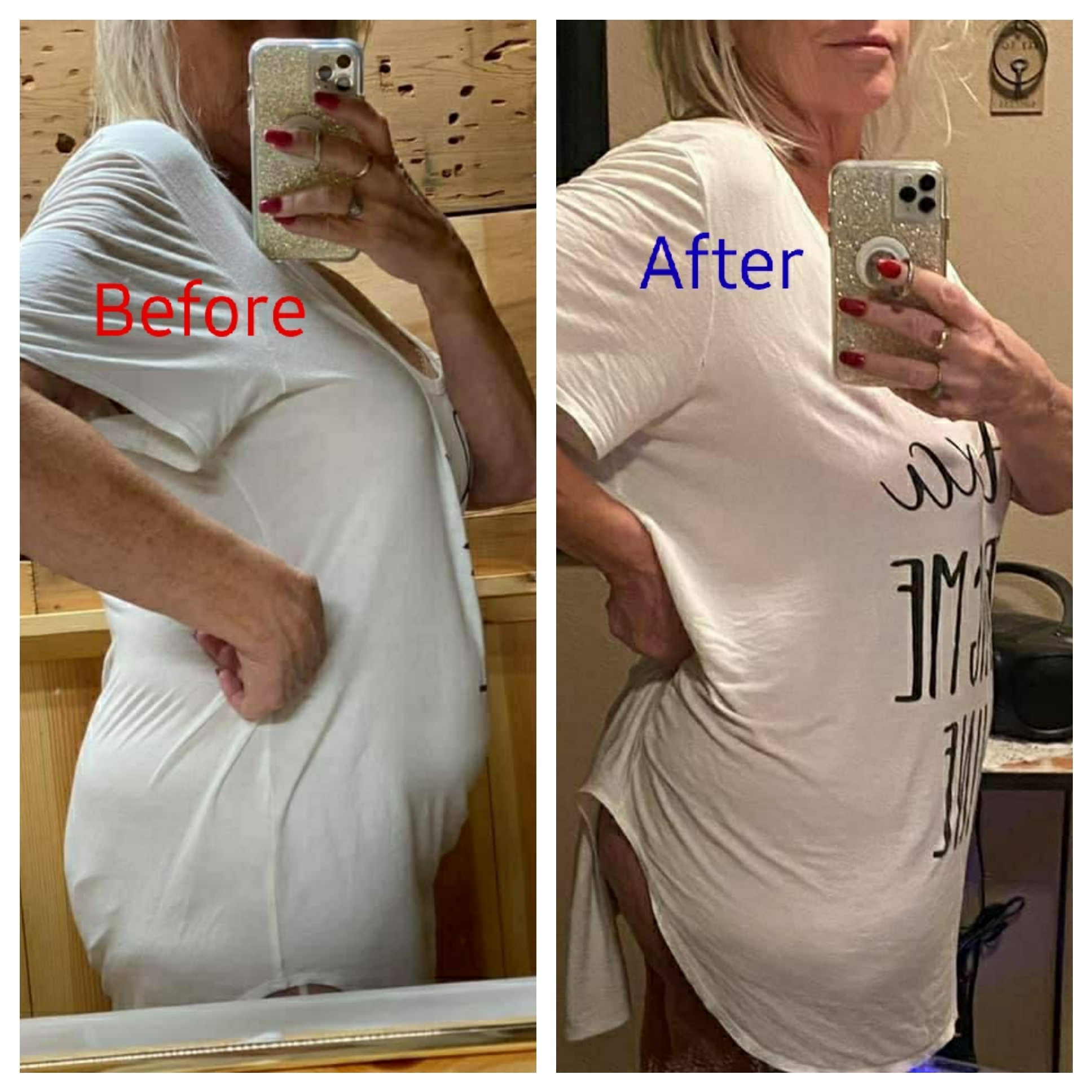Chronic stress—the body and mind’s prolonged response to ongoing pressure or perceived threats—has become a widespread issue, especially in the workplace. This state of stress triggers the body’s “fight or flight” response, releasing hormones like cortisol and adrenaline to help address the stressor. However, when activated too often, it can take a serious toll on overall well-being.
A recent study by Zippia Research revealed that 83% of the American workforce experience work-related stress, with 25% citing their job as the top source. Alarmingly, over a million people miss work daily due to stress and depression, costing U.S. businesses $51 billion annually, with another $26 billion spent on treatment.
Chronic Stress Defined
But stress isn’t always a negative thing. There is positive stress (Eustress), a good form of stress that arises during situations or challenges that excite and motivate. Exciting life events—like starting a new job or getting promoted, entering a new relationship, getting married, or becoming a mother—can trigger Eustress. This positive stress boosts cognitive function, adaptability, strength of character, productivity, creativity, and confidence.
On the other hand, chronic stress (distress) arises from overwhelming and prolonged exposure to stressors, and it harms physical, mental, and emotional well-being.

Chronic stress can result in:
- Lack of sleep
- Weight gain
- Digestive problems
- Premature ageing and other skin problems
- Weakened immune system
- Decreased libido
Managing Chronic Stress
Chronic stress also affects personal and professional relationships, work productivity and mental health. With these numerous negative effects, it is vital to find ways to manage stress better. Here are a few coping mechanisms you can try:
- Move your body for 30 minutes daily-Exercise reduces levels of cortisol, the body’s stress hormone. It also boosts production of endorphins, the hormone that improves mood, eases pain, lowers stress and enhances sense of well-being.
- Practice breathing exercises and meditation-Ease your stress with breathing techniques and meditation. Both create a sense of relaxation, improves mood and eases anxiety.
- Build lasting friendships-Be friends with people who will celebrate with you during good times and support you when you’re at your worst. Let go of friendships that drain you or make you feel lacking. Stay away from friendships filled with conflict and drama.
- Maintain a healthy diet and regular sleep schedule-A balanced diet enhances a healthy immune system and repairs damaged cells. A regular sleep routine gives the body enough rest. Together, a healthy diet and enough sleep help the body face stress more effectively by improving concentration, boosting mood, and increasing energy.
ZipSlim®: Nutritional Support for a Calmer, Healthier You*
Further to maintaining a healthy diet is getting extra nutrients from health supplements that will help you cope better with stress. Beyond Slim® has a selection of products that can help cope with stress better and achieve your health goals*.
Ashwagandha, an evergreen plant in ZipSlim®, reduces cortisol levels, improves the body’s stress response, and helps ease worrying.*. The herb also improves memory, task performance and attention, and enhances sleep quality because of its calming effects*.

Note that ZipSlim® contains KSM-66 Ashwagandha, a high-concentration, full-spectrum extract of Ashwagandha, retaining all the natural constituents of the herb in the original balance. Taking ZipSlim® an hour before your two heaviest meals for the day and following the 9 Reboot Rituals will go a long way in helping you manage stress and lead a fitter, healthier and happier life.
*These statements have not been evaluated by the Food and Drug Administration. This product is not intended to diagnose, treat, cure, or prevent any disease.






